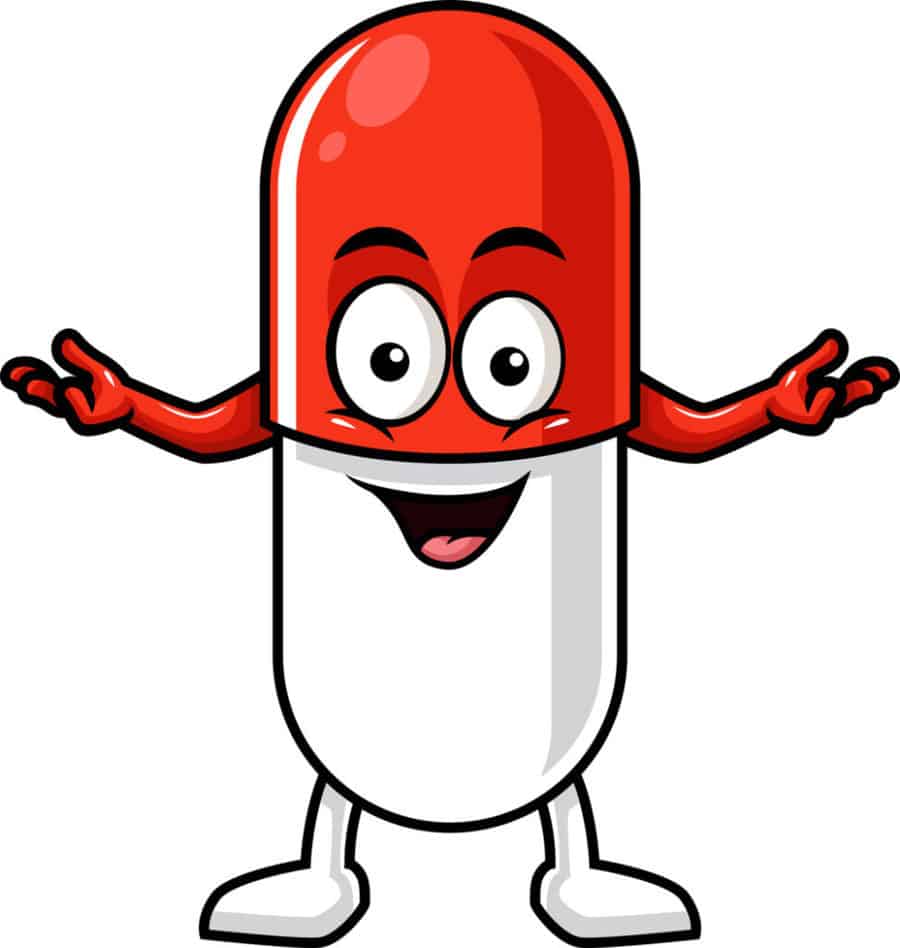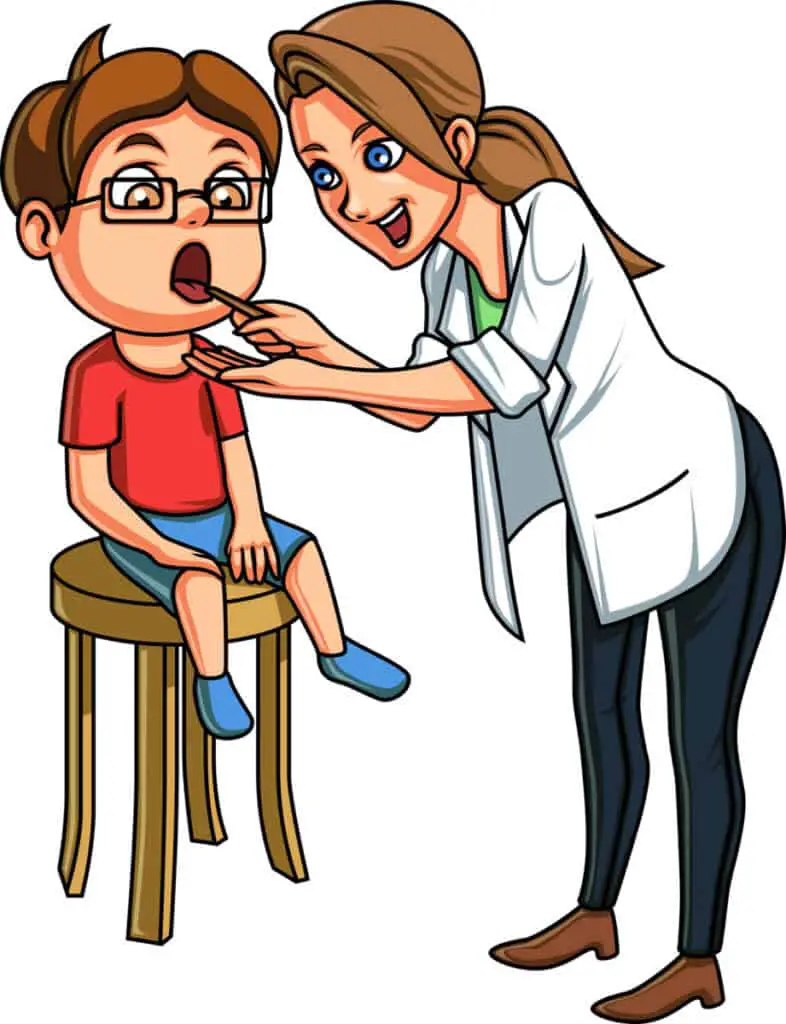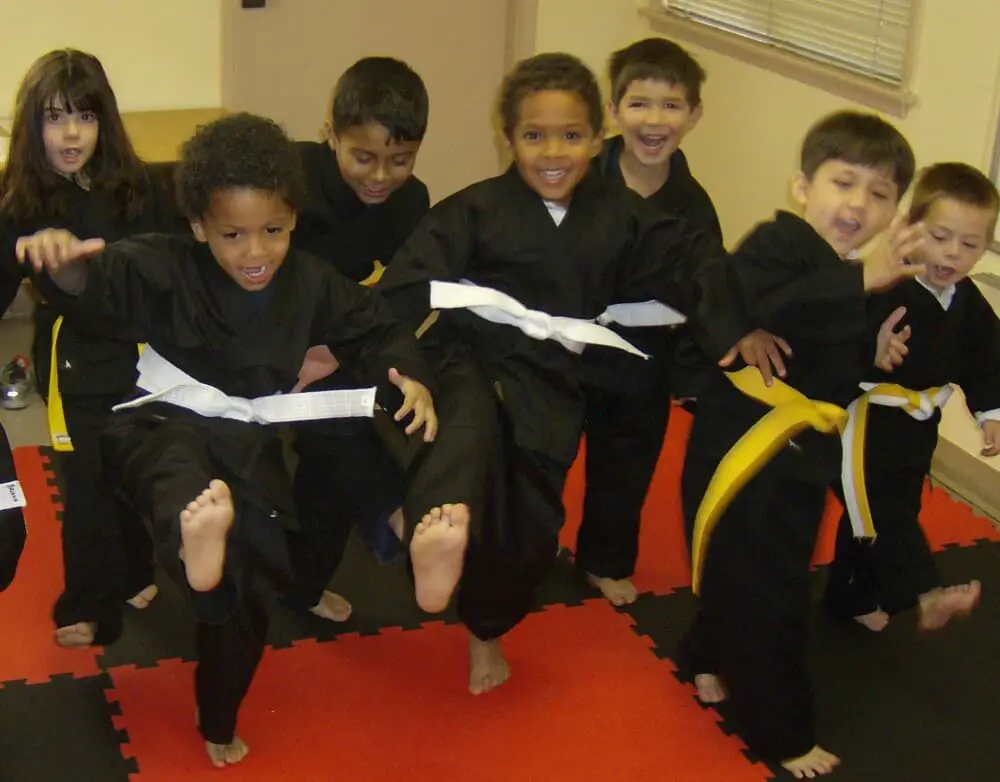
Martial arts promotes confidence, self-control, and personal growth, and it’s no surprise that kids who practice the sport go to great lengths to succeed. However, it can be a physically demanding activity. While many kids dedicate extensive time to mastering martial arts, some may also turn to supplements to enhance their performance.
Kids practicing martial arts should not use performance-enhancing supplements. They provide little benefit and can be dangerous for growing children. A well-balanced diet can help children perform their best in martial arts without the possibility of harmful side effects from supplements.
Performance-enhancing supplements can be dangerous, both physically and emotionally. Instead, kids should aim to achieve their full potential in martial arts with a healthy and hard-working approach. Read on to learn about why supplements can be harmful to children and what other steps kids can take to perform their best in martial arts.
Contents
Why Are Performance-Enhancing Supplements Dangerous?
As with many sports, martial arts is a demanding practice. It requires a lot of energy, muscle, and endurance. As a result, some kids may seek out support through performance-enhancing supplements, which claim to help athletes:
- Gain muscle
- Lose weight
- Increase endurance
Supplements do exactly what their name dictates — they supplement a person’s diet. People use them in addition to what they already eat and drink throughout the day. They come in many forms, including pills, powders, and drinks.
Unlike prescription and over-the-counter medications, supplements are not required to be approved by the US Food and Drug Administration (FDA) before being put on store shelves to be sold. As a result, it is the responsibility of the company to make sure their products are safe and can do what they claim.
However, even though companies maintain their supplements can enhance an athlete’s performance, there is little evidence that supports this. What’s more, they can come with serious side effects, especially for growing kids.
The Dangers of Performance-Enhancing Supplements in Kids
The allure of performance-enhancing supplements is easy to see, and some kids still use them to boost their abilities in their chosen sport. In fact, around 12% of children have said they use a dietary or herbal supplement to become better at their chosen sport.
Unfortunately, not only are supplements often unhelpful, they can actually be harmful to children for a few reasons:
- Many supplements haven’t been tested on growing teens and children. Children’s bodies are not yet fully developed, and the side effects of supplements may be different in children compared to grown adults.
- Supplements may contain toxic drugs or additives that are not listed on the label. Regulations for supplements are much less strict than the ones for prescription medications, and many studies have shown that what’s inside the supplement and what’s on the label may often not match up.
- Labels can be misleading. For instance, even though many supplements come from natural sources, “natural” doesn’t equate to being “safe.” This can be confusing for both kids and adults.
- Supplements may have dangerous interactions with other products and medications. If a child takes any other drugs or prescribed supplements, they may be harmful when taken together.

Every year, around 4,600 children end up in the emergency room due to taking a dietary supplement. When it comes to supplements, the risks far outweigh the possible — and unlikely — benefits.
The Specific Types of Performance-Enhancing Supplements
There are many variations of performance-enhancing supplements that a kid who wishes to enhance their abilities in martial arts might take. Though each comes with possible benefits, risky side effects follow. Again, it is not advisable for kids to take these supplements due to the continued physical, cognitive, and emotional development they are undergoing.
1 – Creatine, which is a substance in the body that makes energy to contract muscles, is used to provide athletes with energy and shorten recovery times. It can cause side effects such as:
- Weight gain
- Stiffness in joints
- Muscles cramps
- Nausea
- Headaches
- Kidney damage
2 – Amino acid supplements help athletes build muscle, increase endurance, and reduce feelings of soreness after training. However, there aren’t enough studies to know if they are safe for children, and they may cause serious side effects.
3 – Protein supplements are used to build muscle and improve performance. Yet, most children should get enough protein in a well-balanced diet. Too much protein can cause side effects such as:
- Thirst
- Bloating
- Stomach problems
- Poor appetite
- Tiredness
4 – Caffeine is used to boost energy and performance. Side effects of too much caffeine include:
- Headaches
- Irritability and nervousness
- Dehydration
- Stomach problems
- Difficulty sleeping
- Irregular heartbeat
5 – Vitamins and minerals are used to improve athletic performance. However, most athletes will not benefit from vitamin and mineral supplements as long as they are eating a healthy, well-balanced diet. These may not have adverse side effects even if taken in daily doses. Yet, the benefits can be negligible and not worth the time and money.
6 – Anabolic steroids are used to improve muscle strength and size. These are illegal without a doctor’s prescription, and there are serious side effects, including :
- Stunting growth in children who are still growing
- Heart problems
- Skin problems
- Damage to organs
Despite the claims that sports supplement companies may make, many of them are not proven by research. Their primary goal is to sell more supplements, which may mean some of their claims are misleading.
How Can Kids Practicing Martial Arts Achieve Their Full Potential Without Supplements?

The sport of martial arts demands a lot from kids. From cardio to strength to balance, it is a practice that requires them to be in peak physical condition in order to perform their best — something that takes plenty of hard work and determination.
Turning to performance-enhancing supplements can be dangerous, but there are other safer ways kids who practice martial arts can take care of their bodies to enhance their training and performance:
- Eat a healthy diet full of nutritious foods to support the extra activity from martial arts. For instance, carbohydrates are a natural source of energy, but fatty foods can make an athlete feel sluggish. A dietitian, nutritionist, or healthcare provider can provide guidance on a diet that works for each kid’s age, body type, and activity level.
- Stay hydrated. Drinking enough water can help muscles function better, improve circulation and endurance, and enhance overall performance. Kids should stay hydrated the entire day leading up to training or an event. These time-marker water bottles, BPA free and leak proof, are convenient, motivational, and made just for kids. You can buy them at Amazon.
- Change up the training plan. Practicing martial arts is an excellent workout, but kids can benefit from other activities in addition to martial arts. Kids are young and have lots of energy so give them plenty of outlets. Read here to learn more about adding additional activities for your child that can support their body’s development, including strength training, cardio, and stretching.
- Take an occasional rest day. Rest days are a critical part of an exercise program, as they allow a child’s body to recover — both physically and mentally. For our family, we reserve Sundays for family time, rest, and relaxation-no work or workouts permitted.
- Get enough sleep. Sleep helps the body recover, and it’s crucial to get a full night’s sleep. Depending on their age, kids should get anywhere from 8 to 12 hours of sleep each night.
- Avoid harmful substances, including alcohol and cigarettes. This is pretty basic advice for children, but as your kids enter their teen years, you’ll want to remain vigilant about substance use/abuse. As well, the CDC has established that second-hand smoke is harmful for others, so you’ll want to make sure you protect your kids from anyone who smokes as well.
- Add approved kids vitamins to your child’s daily schedule, especially if he or she is a picky eater. This is something we’ve done for our children through their teen years with their pediatrician’s recommendation. The SmartyPants Kids Formula has been a favorite, found on Amazon. For those with poor diets, these actually could make a noticeable difference.
Wrapping Up Performance Supplements for Kids Practicing Martial Arts
While performance-enhancing supplements can be a tempting way to increase performance in martial arts, it’s not worth it. In addition to being potentially dangerous physically, they can be seen as a shortcut to success — one that undermines some of the major tenets of martial arts.
Martial arts emphasizes discipline, respect, and confidence. By working hard to achieve their goals in martial arts without supplements, kids can recognize how much potential they have within themselves and be proud of all that they have accomplished.
Kids practicing martial arts should not rely on supplements. Instead, they should focus on keeping their bodies healthy by eating a well-balanced diet and putting their full effort into the sport of martial arts.
